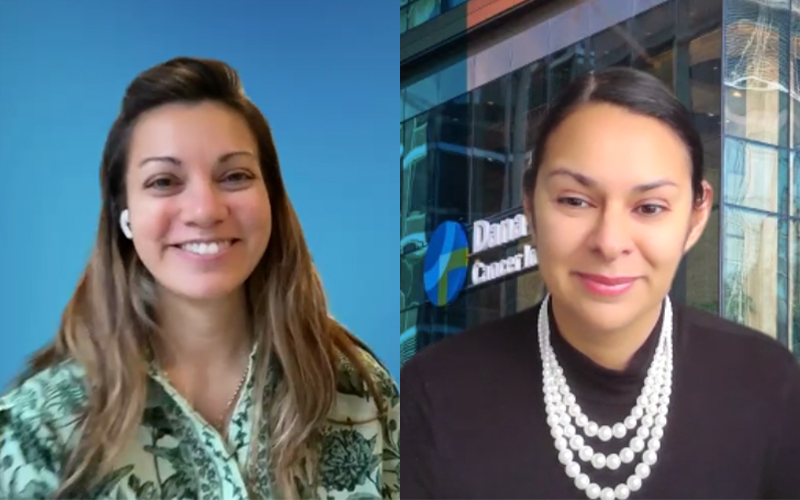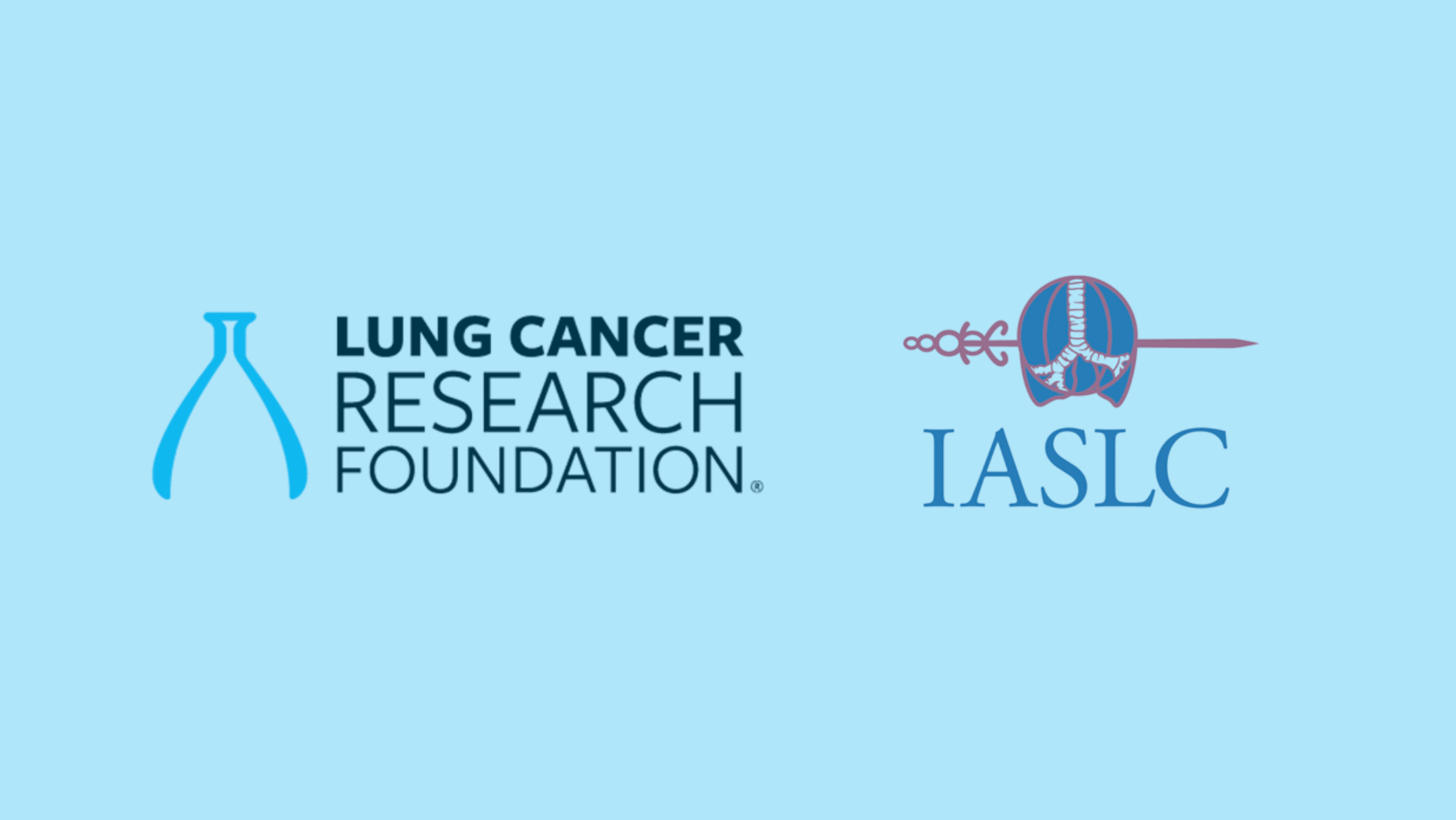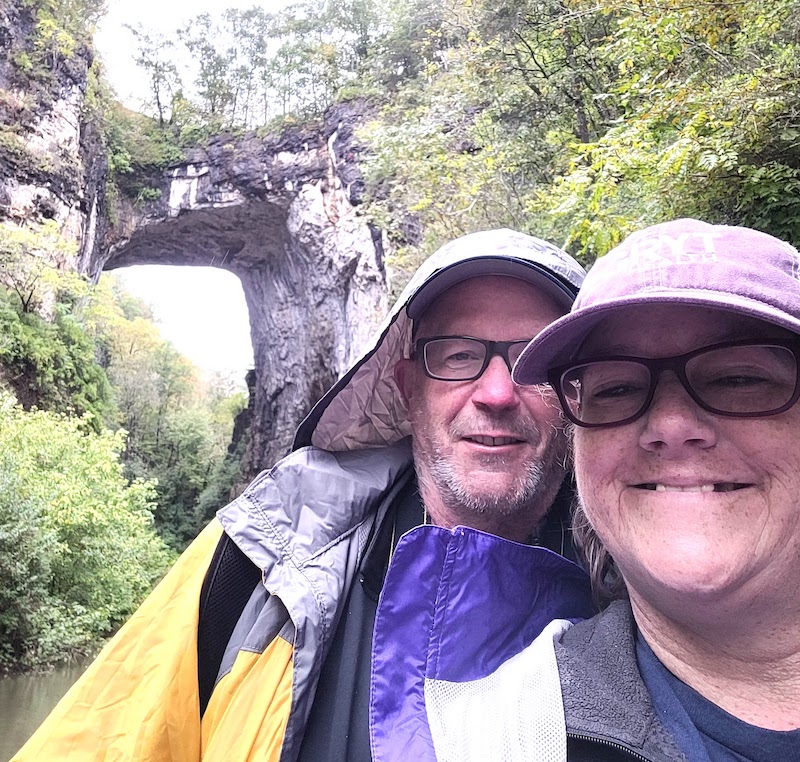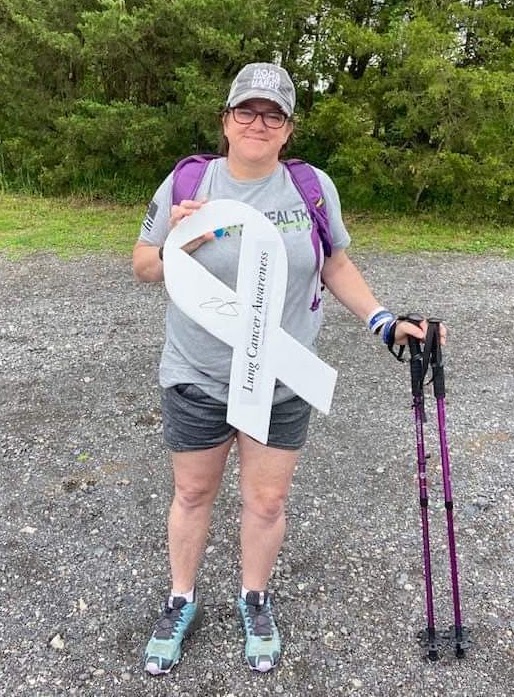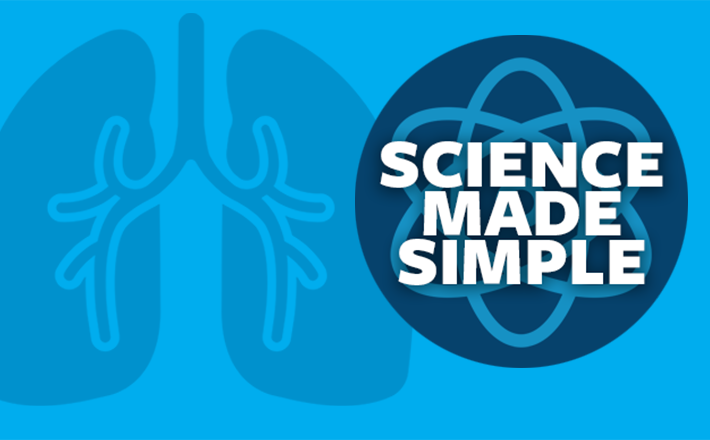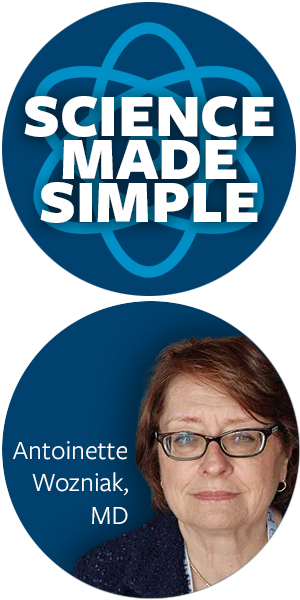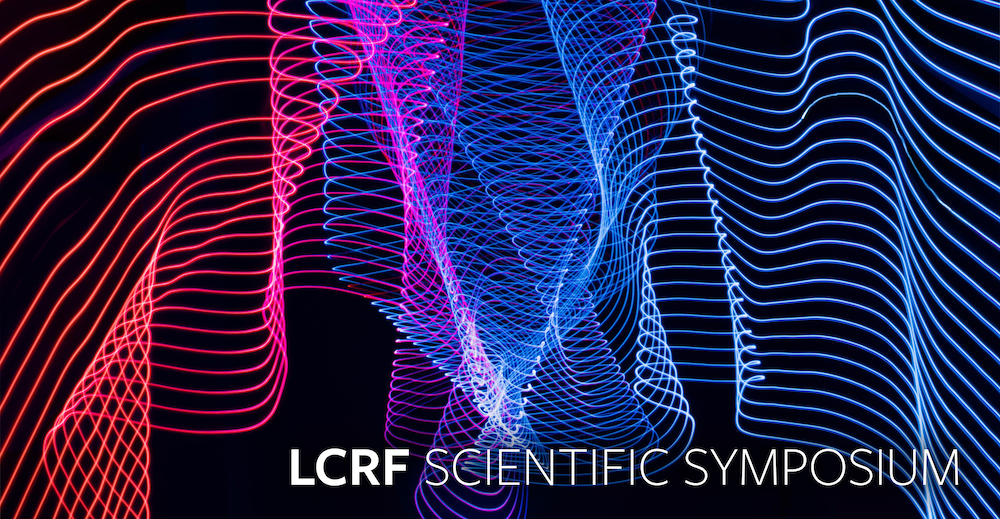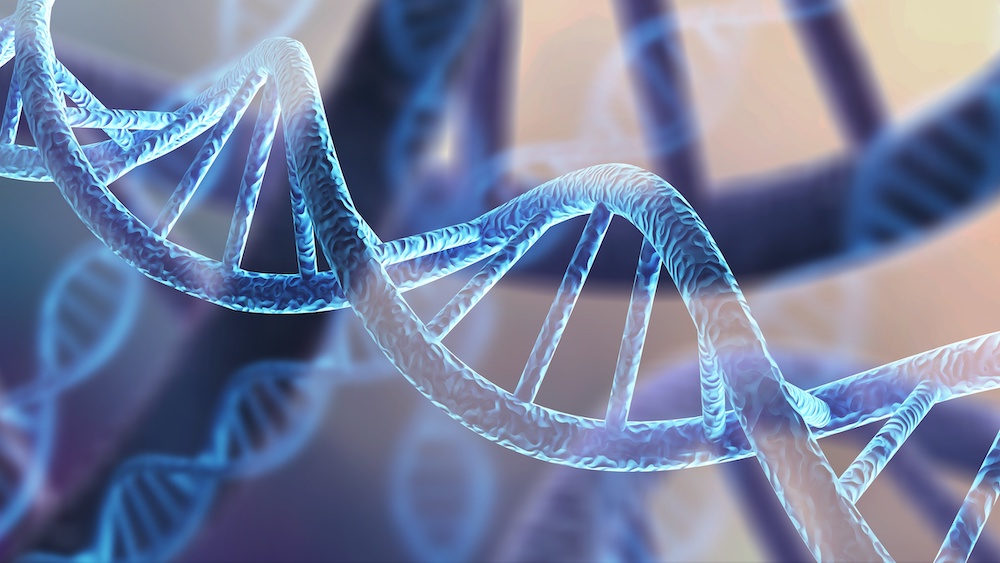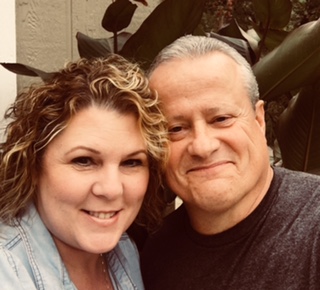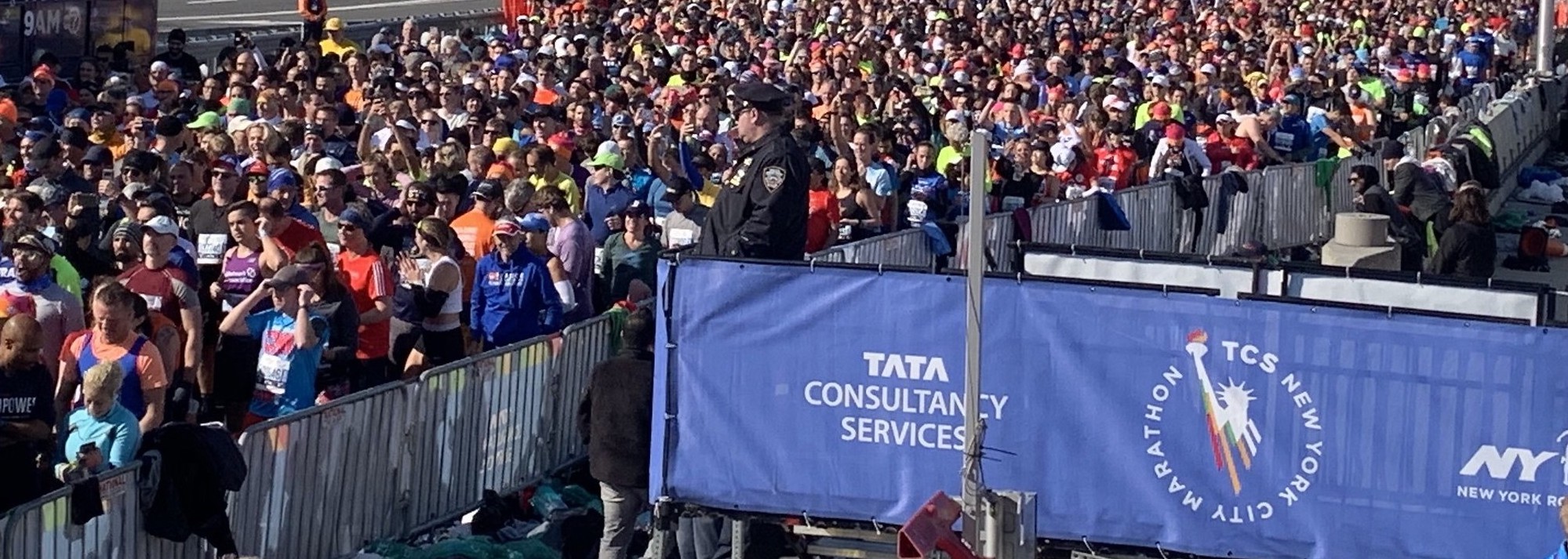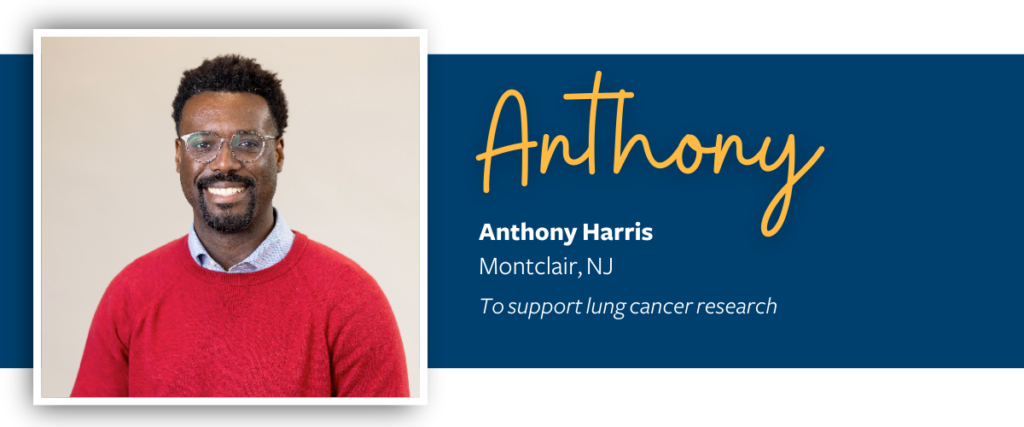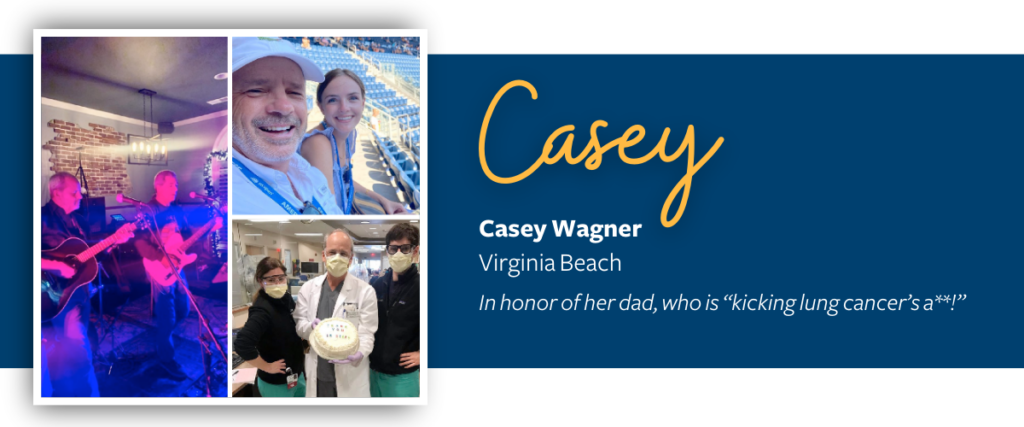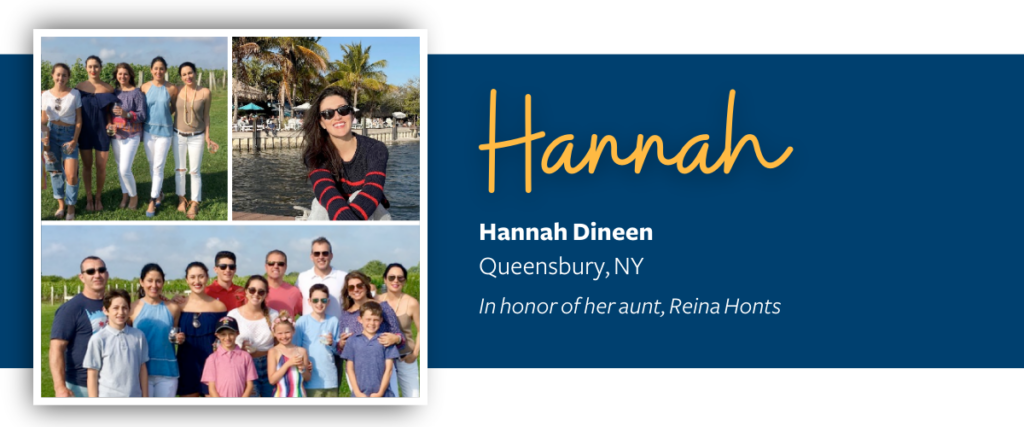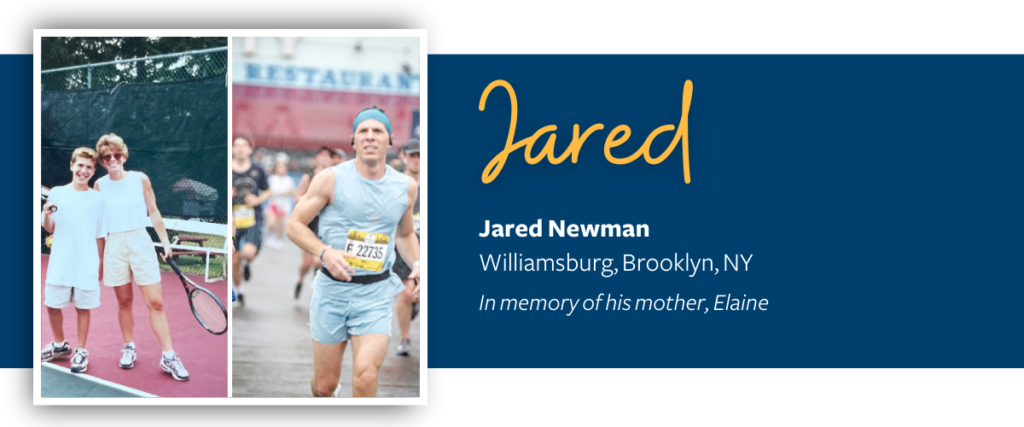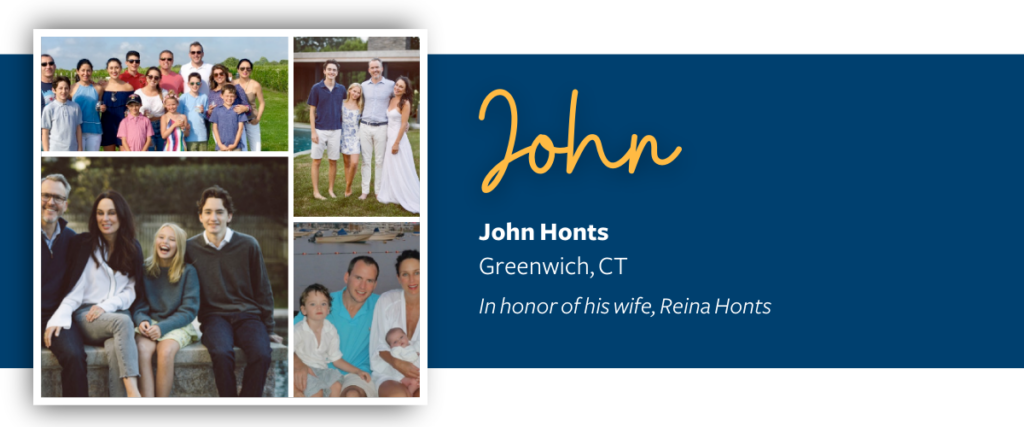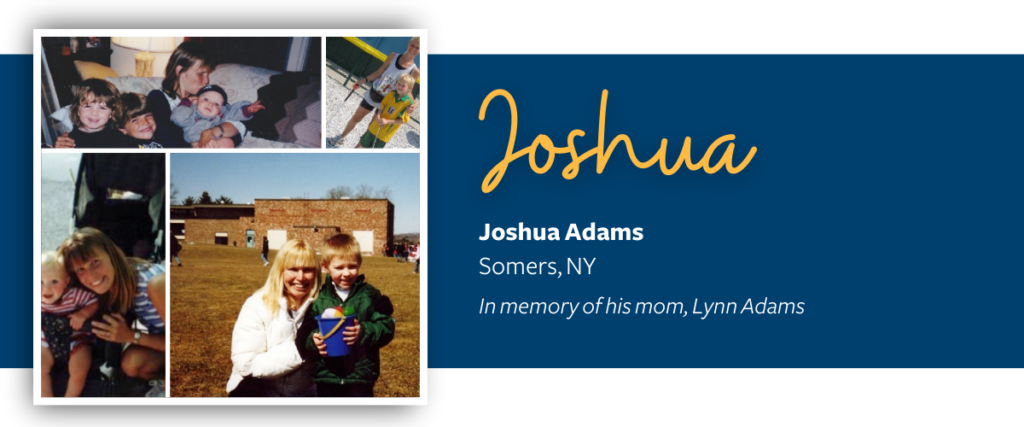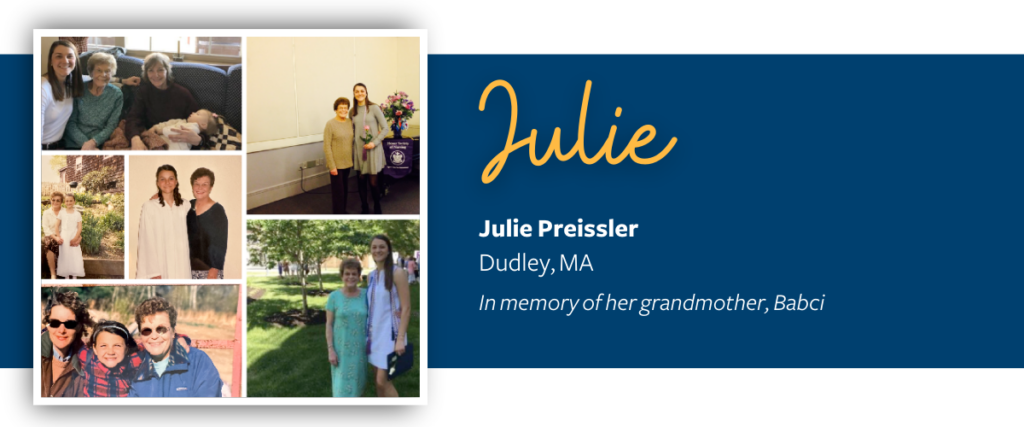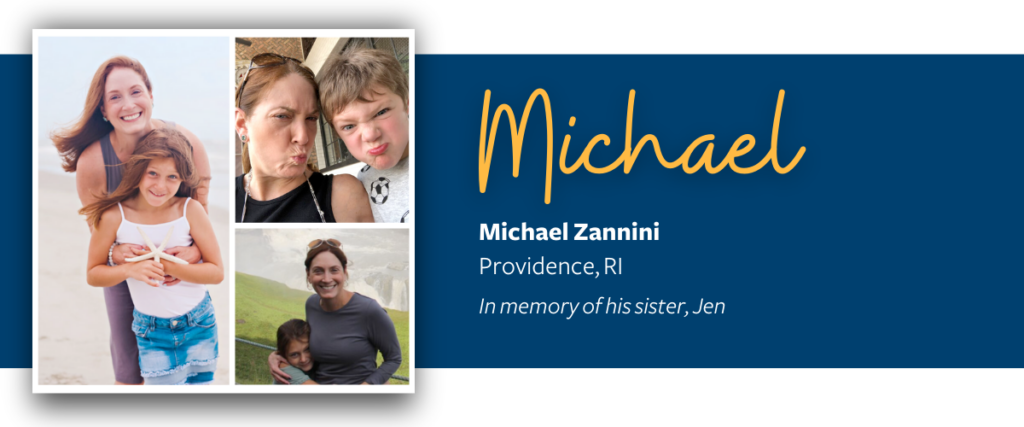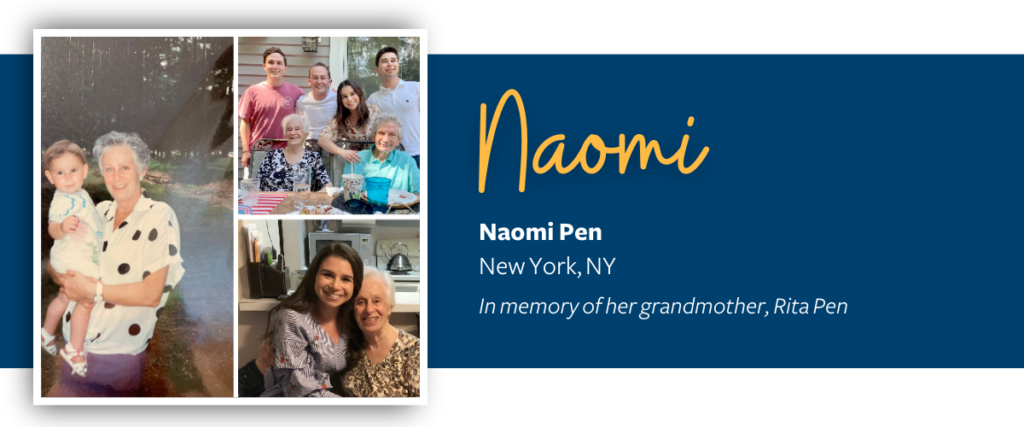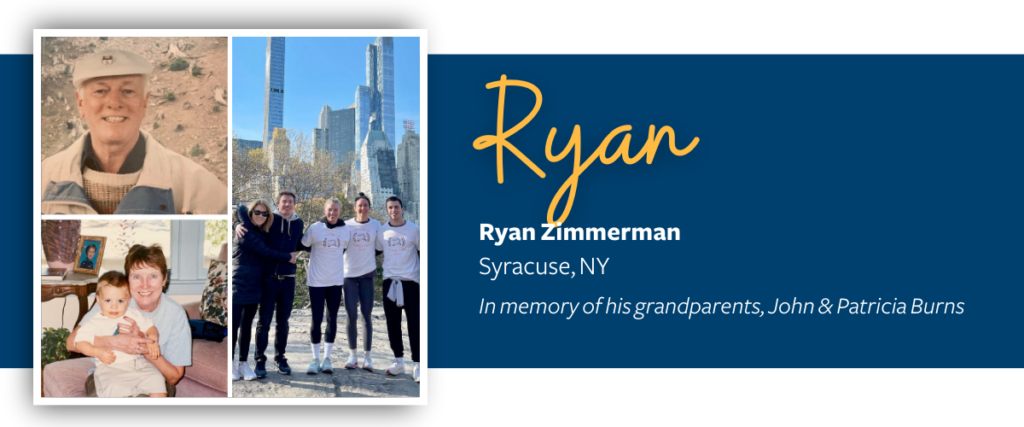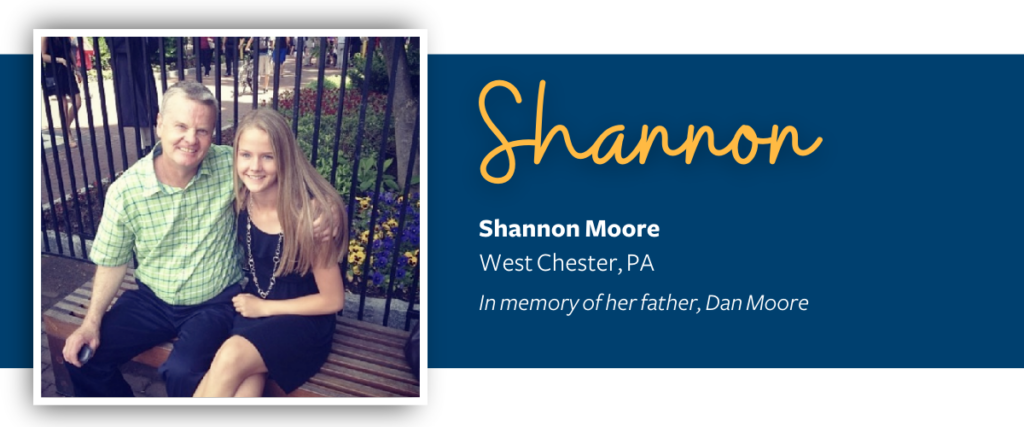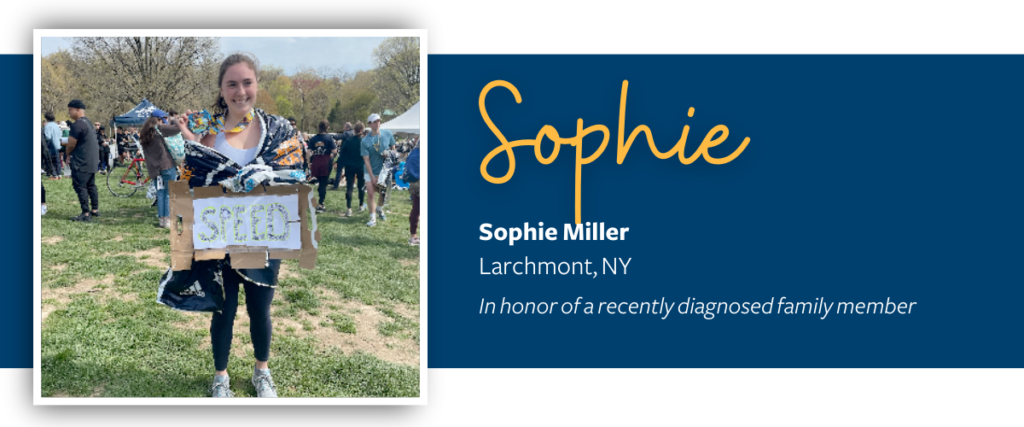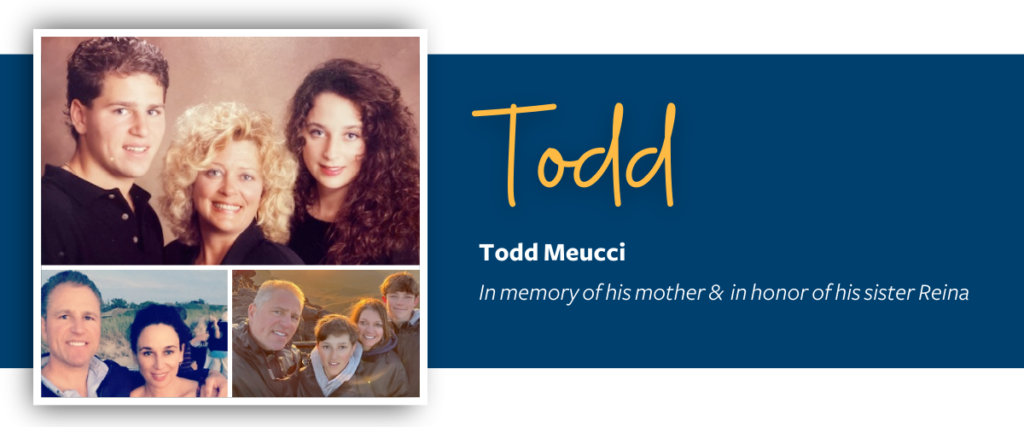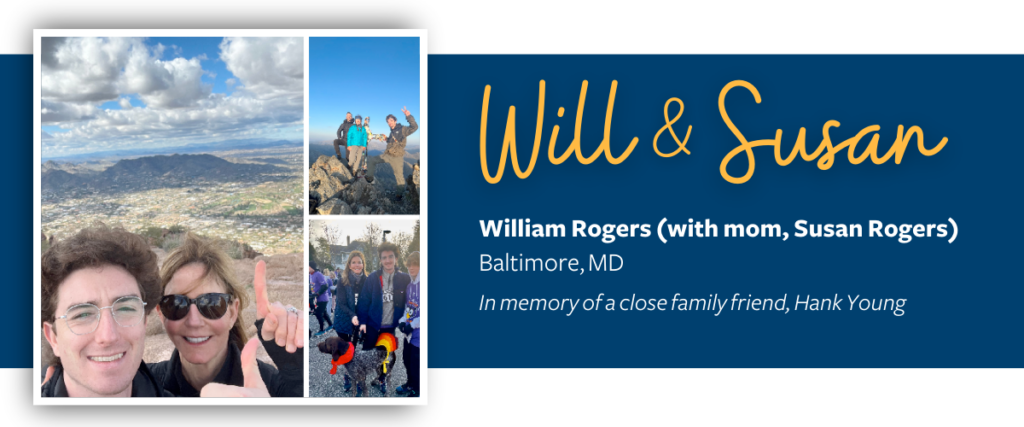Foundation awards grants in four research areas
FOR IMMEDIATE RELEASE
NEW YORK, diciembre 14, 2023
The Lung Cancer Research Foundation® (LCRF) is pleased to announce the awardees of its 2023 Scientific Grant Program. This years’ grant cycle includes awards in the following areas:
LCRF Leading Edge Grant in Lung Cancer, LCRF Research Grant on Early Detection and Pre-Neoplasia in Lung Cancer, LCRF Research Grants on Understanding Resistance in Lung Cancer, and LCRF Minority Career Development Award (CDA) for Lung Cancer.
LCRF awarded its grants for projects that show promise to make a sustained and lasting impact on the field of lung cancer research and lung cancer outcomes. These grants are made possible, in part, by support from Bristol Myers Squibb and donations from LCRF’s many generous supporters.
“It is always exciting to extend grant funding to these dedicated investigators,” said Colleen Conner Ziegler, Chair of LCRF’s Board of Directors. “It is through these research grants that LCRF can have the most impact on the lung cancer community and improve patient outcomes, both in the short and long term.”
“We are committed to supporting science that seeks solutions to lung cancer’s most challenging issues,” said Katerina Politi, PhD, Chair of LCRF’s Scientific Advisory Board, Cancer Biologist and Professor at Yale’s School of Medicine. “Breakthroughs can only happen if the most promising ideas of these talented investigators are funded.”
Through its Leading Edge Research Grant in Lung Cancer, LCRF funds innovative research focused on the prevention, diagnosis, treatment, and cure of lung cancer. This year, LCRF will be funding two projects through this mechanism.
LCRF’s Minority Career Development Award for Lung Cancer, a two-year award to support early-stage scientists from underrepresented groups, is supported in part by a grant from Bristol Myers Squibb. This year, LCRF will be funding one project in this area that will increase representation of investigators from underrepresented groups in the lung cancer research workforce.
LCRF’s Research Grant on Early Detection and Pre-Neoplasia in Lung Cancer is presented to an investigator whose project facilitates or advances the understanding and characterization of pre-neoplasia or approaches for early detection in non-small cell and small cell lung cancer.
The LCRF Research Grants on Understanding Resistance in Lung Cancer are presented to two recipients whose projects focus on combatting therapeutic resistance.
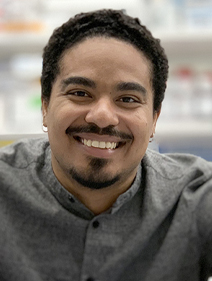
Each year, LCRF recognizes exemplary projects through its James B. Dougherty, MD Award, and its William C. Rippe Award for Distinguished Research in Lung Cancer, in honor of the contributions to LCRF made by these esteemed former board members.
The James B. Dougherty, MD Award for Scientific Merit is presented to the investigator whose proposal was selected for outstanding overall merit by the Foundation’s Scientific Advisory Board. This year’s recipient is Lloyd Bod, PhD of Massachusetts General Hospital, whose project is titled “Harnessing B cell specific checkpoint molecules in lung cancer.”
“This award fuels our quest to explore B cells in lung cancer, aiming to unlock groundbreaking treatments. I’m deeply grateful for the recognition,” remarked Dr. Bod.
LCRF’s William C. Rippe Award for Distinguished Research in Lung Cancer is presented to the investigator whose proposal not only demonstrated exceptional scientific merit but also exemplified an enduring commitment to making an impact in the field of lung cancer research. This year’s recipient is Francisco Expósito, PhD from Yale University, whose project is titled “Investigating novel synthetic lethal vulnerabilities in EGFR-driven lung cancer.”
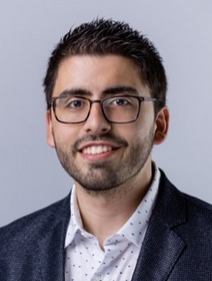
“I am really honored to receive the William C. Rippe Award for Distinguished Research in Lung Cancer from the Lung Cancer Research Foundation,” said Dr. Expósito. “Thanks to the support from LCRF we hope to uncover novel genetic vulnerabilities of EGFR-driven lung tumors and leverage these findings to implement and inform new precision-based treatments for this type of tumors in the future.”
LCRF 2023 Grant Award Recipients:
The 2023 Leading Edge Grant Program award recipients include:
- Francisco Expósito, PhD, Yale University
William C. Rippe Award for Distinguished Research in Lung Cancer recipient
Investigating novel synthetic lethal vulnerabilities in EGFR-driven lung cancer - Benjamin Morris, PhD, University of Texas M.D. Anderson Cancer Center
Deep whole genome sequencing of circulating tumor DNA for studying evolution and therapy resistance in small cell lung cancer
The 2023 Minority Career Development Award recipients include:
- Lloyd Bod, PhD, Massachusetts General Hospital
James B. Dougherty, MD Award for Scientific Merit recipient
Harnessing B cell specific checkpoint molecules in lung cancer - Luis Pietro, PhD, Mayo Clinic
Impact of senescent cells on lung tumorigenesis
The 2023 Research Grant on Early Detection and Pre-Neoplasia in Lung Cancer award recipient:
- Darren Chiu, MD, Boston University
The Spatial B Cell Landscape in Lung Squamous Premalignant Lesions
The 2023 Research Grants on Understanding Resistance in Lung Cancer award recipients include:
- Trever Bivona, MD, PhD, Regents of the University of California, San Francisco
Characterization and therapeutic targeting of a tumor-tumor microenvironment network promoting resistance to targeted therapy in lung cancer - Ann Pendergast, PhD, Duke University School of Medicine
Uncovering novel vulnerabilities to treat SCLC therapy resistance
For more information about LCRF and the Scientific Grant Program, visit LCRF.org/Research.
###
About the Lung Cancer Research Foundation
The Lung Cancer Research Foundation® (LCRF) is the leading nonprofit organization focused on funding innovative, high-reward research with the potential to extend survival and improve quality of life for people with lung cancer. LCRF’s mission is to improve lung cancer outcomes by funding research for the prevention, diagnosis, treatment, and cure of lung cancer. To date, LCRF has funded 416 research grants, totaling nearly $43 million, the highest amount provided by a nonprofit organization dedicated to funding lung cancer research. For more information, visit LCRF.org.
Contact:
Sheila Sullivan
Sr. Director, Marketing and Communications
ssullivan@lcrf.org

